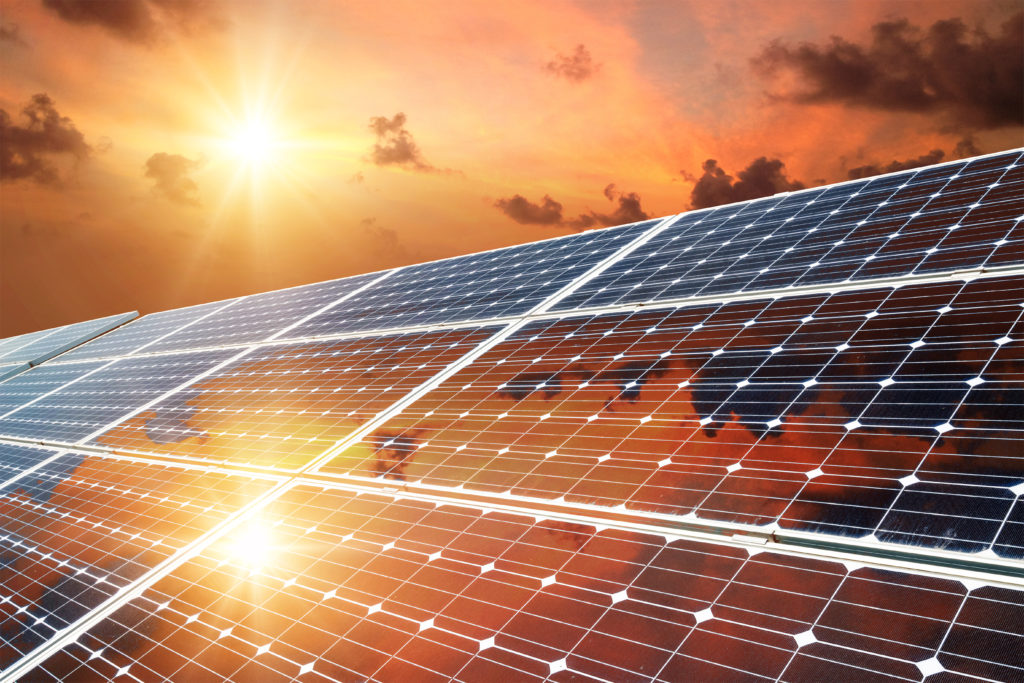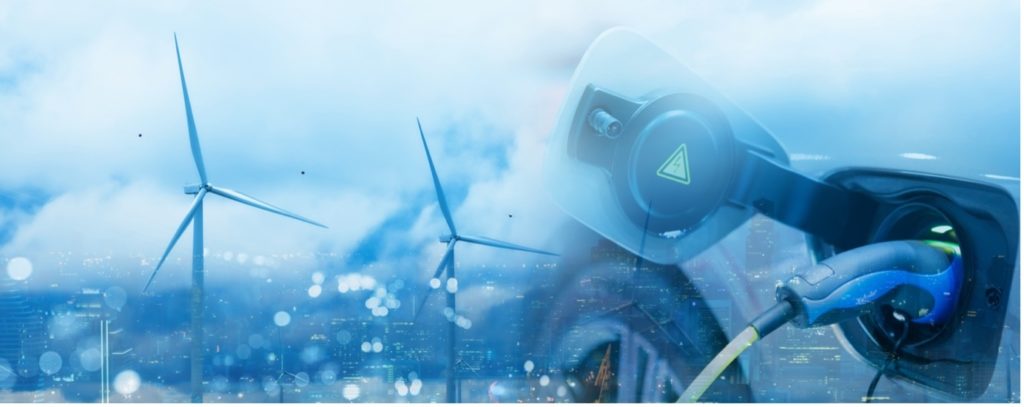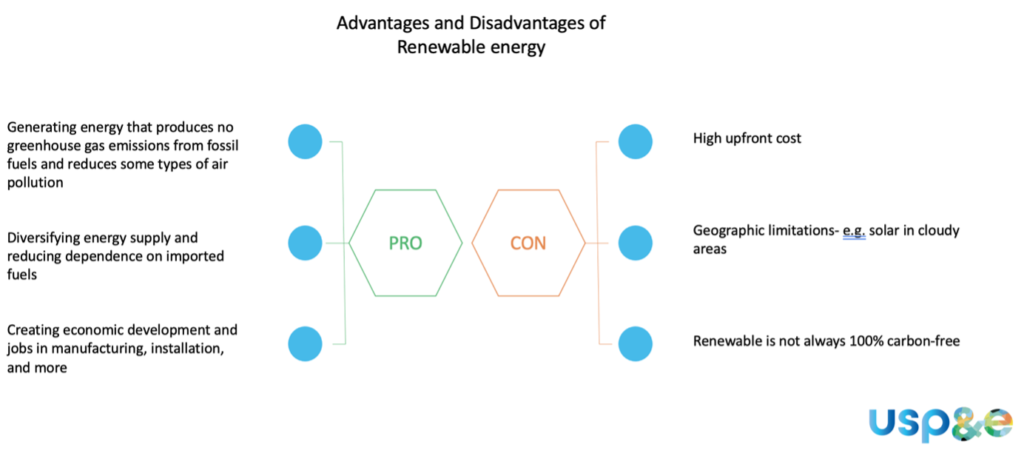
The world is predominantly powered by thermal and renewable energy technologies, as well as a combination of the two technologies as hybrid technology.. The economic machine that underpins society itself is directly influenced by the thermal and renewable energies being generated and consumed minute by minute. Can a hybrid system of thermal based liquid fuel or natural gas fired power stations coupled with renewable technology satisfy the current dema
The Basics of Thermal, Renewable & Hybrid Energy
Thermal power generation consists of using steam power created by burning oil, liquid natural gas (LNG), coal, and other substances to rotate generators and create electricity.
Renewable energy is derived from the earth’s natural resources such as wind, solar, tidal, hydroelectric, and geothermal. Renewable energy is an alternative to thermal energy which decreases the harm to environmental ecology and does not depend on scarce fossil fuels. Solar generation is different from hydroelectric and wind as solar is silent, which makes it ideal for more populated areas.
There are less moving parts which decreases maintenance requirements compared to wind. Energy is easy to generate and transport. Panels work in cold climates, as air temperature will have no effect on the performance of the solar that is no direct contact with sunlight. Hydro-electric on the other hand performs well during stormy periods, as electricity is generated by the flow of water. Wind is different from both solar and hydroelectric as wind produce less CO2 than solar and one turbine can generate the same electricity as 48,704 solar panels.

Hybrid energy systems may Hybrid energy systems are defined as the combination or integration of several types of energy generation equipment such as electrical energy generators, electrical energy storage systems, and e defined as the combination or integration of several types of energy generation equipment such as electrical energy generators, electrical energy storage systems, and renewable energy sources. Hybrid energy systems may be utilised in grid-connected mode which is isolated from grid.
Advantages and Disadvantages of Thermal, Renewable & Hybrid
Thermal
Advantages of Thermal
- Waste heat is often a result of the thermodynamic inefficiency of thermal energy recovery processes.
- Cost is less than renewable
- Ability to have large scale plants
- Reliability of energy
- Heat exchangers can be avoided
Disadvantages of Thermal
- The running cost of thermal power station is high
- It pollutes the atmosphere due to production of large amount of smoke and fumes
- Maintenance cost is high
- Skilled specialist are required for maintaining the power station
- Land requirement is more for storage of coal and ash
Renewable
Hybrid
Advantages
- The combination of solar, wind, and storage creates a powerful system as when the sun is strong the wind tends to be weak
- The combination of renewable, thermal, and a storage unit means that fossil fuels usage and greenhouse gas emissions are lower in seasons and time periods when e.g. solar is higher
- Meets companies greenhouse emissions goals without removing thermal systems
Disadvantages
- It has higher cost than grid-solar
- It has a battery life of only 7-15 years
It can limit the number of appliances you can run at one time. They depend on the hybrid inverter and its capacity

The best option
In many instances one might ask why should you consider renewable or hybrid energy solutions when thermal solutions provide reliability at a reduced cost when considering other options. The reason to consider these options is easy, environmental caution and the payback of renewable solutions make it almost necessary to consider them over the long term.
Hybrid energy solutions take many shapes and form but unilaterally provide the benefits of both renewable and thermal energy solutions. The most common hybrid solutions today are found in Australia Gold Fields’ Agnew Gold Mine in Western Australia installed, they have a 56MW hybrid system that combines solar, wind, and battery energy storage system with off-grid gas/ diesel generation. Hybrid solutions typically cut your thermal greenhouse gasses and efficiently provides 30% renewable energy of overall energy output you would have gotten from thermal generators. In addition, thermal energy has a maximum electrical efficiency of max 60% of total energy inputs which translates to more than 40% losses during conversion. Renewable energy is still in the works hence why hybrid solutions are the preferred way to go, solar solutions are hard to implement in areas where there are less sunlit hours during the day and specifically hard to get optimal electrical generation in cloudy areas. Wind energy is also flawed as more sun rays means that less wind is blowing. Because of these issues, battery storage is vital for night time consumption or else irregular day exposure as mentioned previously. Hybrid solutions will be the best options for projects that have a greenhouse gas emissions goal or a company that invests in an energy generator system with the mindset that machines are faulty and can break at any point especially if the generators are older and not properly serviced.
Renewable energy displaces the dirty fossil fuels in power sectors, offering the benefit of lower emissions of carbon and other types of pollution. Renewable energy installation tends to be very pricey however the pay back comes not only in fuel prices but overall greenhouse gas emissions. Solar energy on its own can supply all the energy needs: electric, thermal, process, and chemical, and even transportation fuels. Close to 100% renewable energy is an excellent choice for companies needing lower megawatts of energy. I will now be taking two examples when it is better to use hybrid or renewable solutions.

The first example would be a mine that is not in a rural area. It is unlikely that the generation facility powering mines and especially deep mines could ever go 100% renewable. The deep mines in South Africa require a consistent power influx to maintain the auxiliary equipment such as oxygen circulation systems. The lack of reliability in this system alone could expose miners to: (1) suffocate due to lack of oxygen, and (2) death by drowning due to uncontrolled rise of water inside the mine. It is therefore crucial for a mine to have a reliable power supply. The mine should invest in an offset electrical generator method where they would either invest in a hybrid solution to take advantage of the benefits of both thermal and renewable, or a full thermal solution of multiple generators. For this case the best suggestion is a hybrid solution for the mine where they combine both renewable and thermal energy with a battery storage system that saves the excess energy.
Rural isolated mines across Africa are the second example explored in this article. renewable energy would be better than hybrid as local energy suppliers do not supply large quantities at secure and consistent output. It would be a good option to consider an off set of solar and wind with a battery storage to secure consistent output and over time cut costs. It is noteworthy to know that these solutions are more expensive than traditional methods but over a period of 7-10 years the payback of costs will make this option the best option long term.
One might ask why Africa does not go fully renewable, and this is a good question. Currently the largest part of Africa still use thermal energy generators, especially coal, to generate electricity. Coal is less expensive than other thermal fuel options and most countries in Africa have an abundance of coal resources readily accessible to them. Rural Africa will continue using thermal purely for price reasons and will not transition to other options until these options become cheaper, especially the battery storage units.
In conclusion hybrid, renewable, and thermal options are a great option and are offered by USP&E. USP&E recommend you to contact us to find out which option is recommended solution for your power plant as it depends on your goals and electricity necessities. We can offer high quality energy generators of either thermal, renewable, or hybrid it would be best to contact us at info@uspeglobal.com to find out more. All energy generations are important as they support different needs, we at USP&E wish to supply the best energy generators for your goals and to best meet your needs in electrical output.

